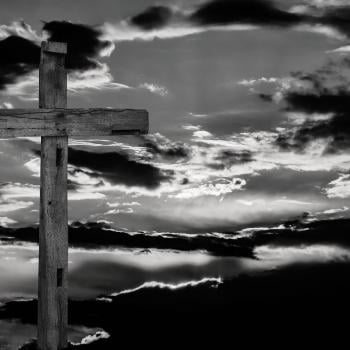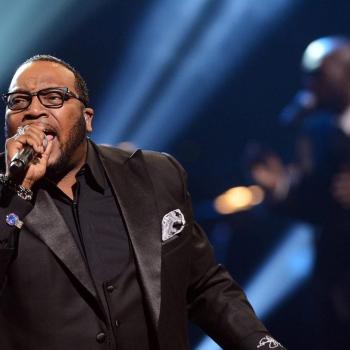In a day when U.S. Christian arena conferences are dwindling in size and influence, the Southwest Believers Convention continues to attract people from across the country and around the world.
The signature event of Kenneth Copeland Ministries is set to go against the flow in 2025, as the Fort Worth-based ministry reports that it will host attendees from all 50 states and over 70 countries at its home base from July 28 to August 2.
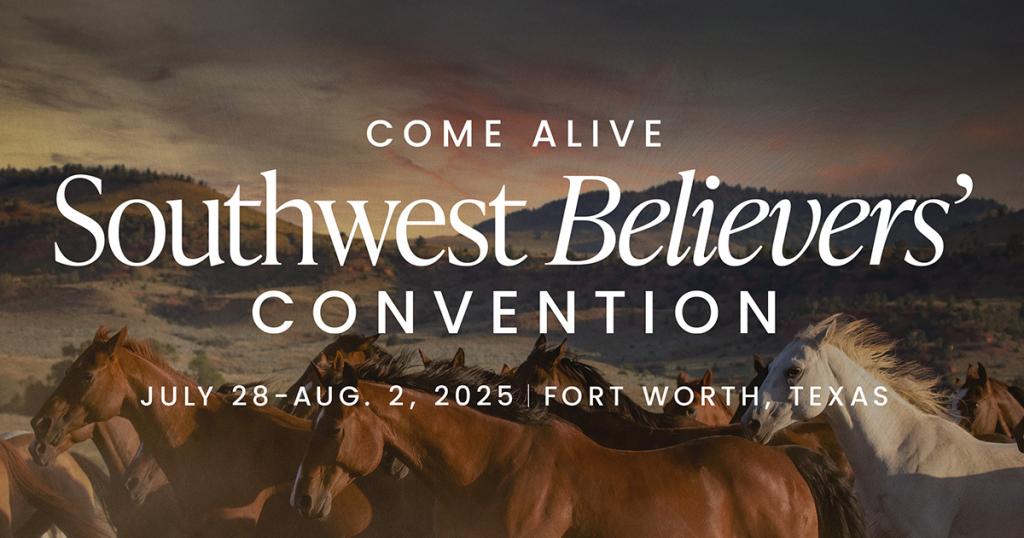
Conferences and crusades are consistently among the most effective means of evangelizing the world and reaching souls for God’s glory. Consider global history, and it’s evident how public gatherings can reach the masses, inspire movements and change public opinion.
Yet, following the wake of a historic event that killed over 1 million, devastated commerce and changed the way everyone approaches…well, everything, where are they now?
COVID-19 forced the global Church to reconsider outreach. People are not as interested in organized religion and attending Church. Mass conferences that pack extra-large hotel ballrooms or sporting stadiums still happen, but are they going to last?
Are other arena conferences in today’s Church still appealing? Will they eventually all fade, or is there a resurgence coming in the face of Gen-Z college revivals? The answer is both close to home and around the world.
Before we delve into those questions and gain an understanding, stay in touch with faith-based issues that hit “close to home.” Subscribe to our free newsletter and never miss what’s happening in the Church, and what real Christians can do in return to defend the love and work of Christ.
Conferences Continue the Traditions of History
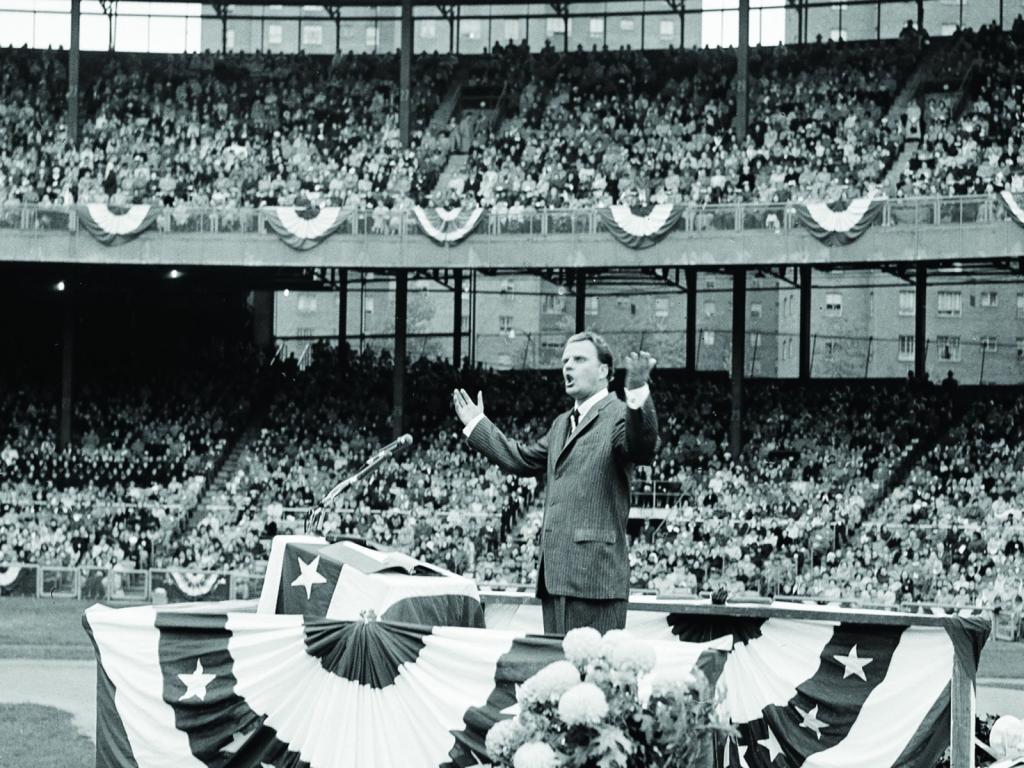
From the days of early American colonization to the height of the Pentecostal Renewal, people gathered in public forums for personal reasons. It was the Internet of its day–one message, thousands of people. The four Great Spiritual Awakenings began with British evangelists Jonathan Edwards and George Whitefield, whom the Holy Spirit drove to America.
Over 200 years have spanned the ministries of Charles Finney, Billy Sunday, D.L. Moody, Charles Spurgeon, John G. Lake, and the historic Azuza Street Revival of 1906. That was the rise of global revivalists, soul-winning champions of faith, and transcontinental missionaries who transformed the world.
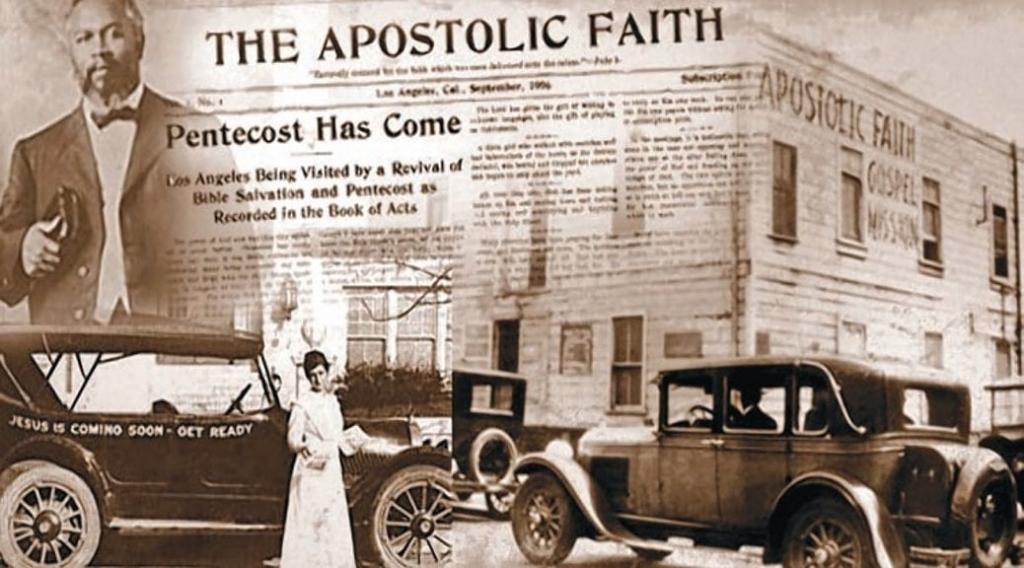
Storied, generational leading men and women of God like Kathryn Kuhlman, Billy Graham, Aimee Semple McPherson, Reinhard Bonnke, Addie Elizabeth Davis, T.D. Jakes, Beth Moore, James Robison, Joyce Meyer, and Kenneth Copeland.
Every person mentioned, along with dozens of others, created a wave of revival that engulfed the world through mass outreach. When stadiums were filled with God’s people and fields flooded with others seeking Christ’s love, it was the echo of Jesus’ heartfelt idea that sparked them all.
Of course, that’s the Great Commission. Looking at the world now, is it still great? Yes, but it can be challenging to think so.
Rebuilding the Future
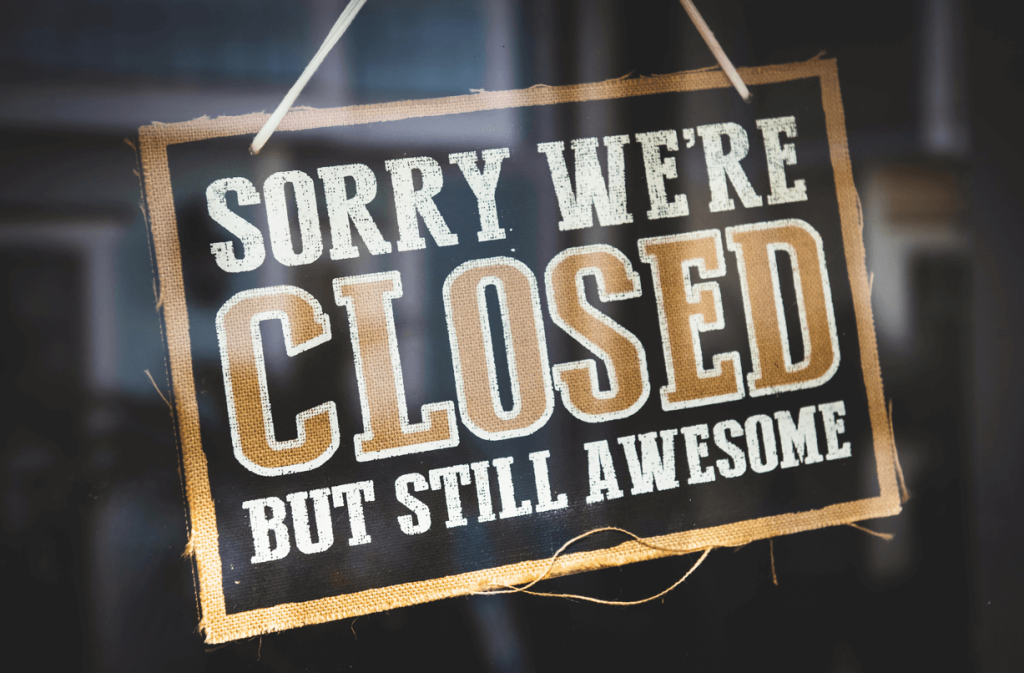
At the turn of a decade, the world shut down and turned off. As everyone was quarantined in their homes and isolated from people, there was an endemic of second-guessing decisions to go to church. COVID forced everyone to do things differently, including pastors.
In 2020, Barna shared national research that showed 22 percent of practicing Christians—and 52 percent of practicing Christian Millennials—say they replaced traditional church with streaming it online. In 2025, the trend hasn’t disappeared. It’s more embraced and has ushered in the wave of the future.
A 2025 “State of the Church Tech Report” shows 86% of all U.S. church leaders believe technology “plays a vital role in enhancing connection within their communities.” They’re not wrong at all. The convenience factor and ease of outreach through technology have multiplied the success of the Great Commission exponentially.
However, a few more numbers may show why conferences like the Southwest Believers Convention are more of the exception than the rule.
- In 2025, 87% of U.S. churches stream their church services simultaneously.
- In 2022, the number peaked at 91%
- Additionally, 67% of churches offer apps for ease of viewing outside of Wi-Fi constraints.
Reports vary about how many churches have closed since COVID. Numbers range from 4,000 to 15,000 each year. Regardless of the numbers, that’s many more people reconsidering church attendance, if they even choose to worship at all. Although there are few solid statistics on the number of Christian events that have closed or are still open, crusades and Christian arena conferences are not quite what they used to be.
The stadium-teeming evangelism conferences from Billy Graham, Luis Palau, Bill Bright, and Oral Roberts are gone. So, are Promise Keepers, Acquire the Fire/Teen Mania, AZUSAs and YWAMs. Greg Laurie still opens Harvest festivals, but they’re not as common as they could. Mario Murillo holds tent revivals everywhere, but they don’t get the news as they should.
Woman Thou Art Loosed transitioned into Woman Evolve. Benny Hinn downsized, Hillsong capsized, and Elevation Worship is (unfortunately) monetized. And then there’s the Southwest Believers’ Convention. For 45 years, it has continued to fill the Fort Worth Convention Center with thousands of people–and hasn’t missed a year, even during COVID. For free, forever.
These days, that’s a Holy Ghost anomaly, and it’s refreshingly awesome.

Streaming still exists, but so does the need to “not forsake the assembling of ourselves together” (Hebrews 10:25). It should be applauded that some ministries like Kenneth Copeland Ministries, NRB (yes, that counts), Passion Conferences, Opweeking, Orange, and SALT are still committed to a national and LIVE conference each year!
Networking marketing (MLM) companies have trade shows. Nerds have Comic-Cons. Industries have continuing education gatherings. And the Body of Christ still has crusades and Christian conferences! Praise God…now go fill out a registration form for any of them.





